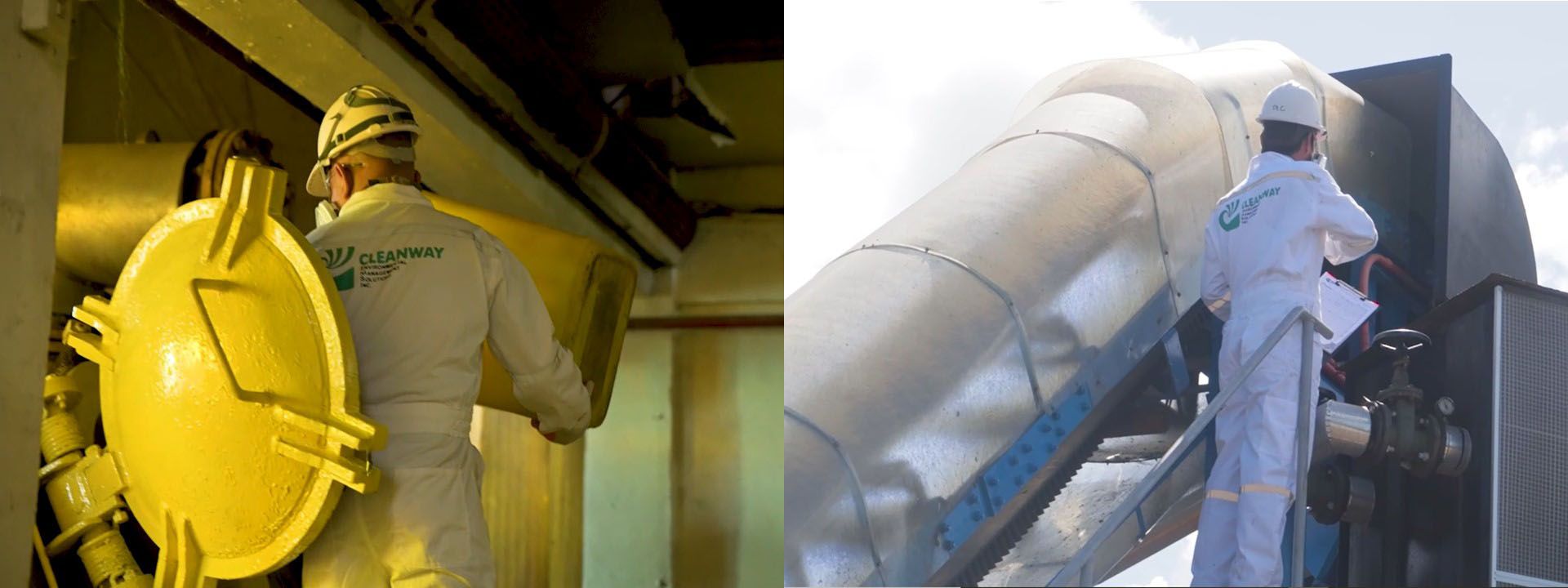BDO's first Blue Bond helps address PH water crisis
$100 Million Investment by IFC funds water and wastewater management projects
By MB Business

BDO Unibank Inc. (BDO)’s $100 million Blue Bond issuance helped mitigate climate change by financing activities that addressed water scarcity, preserved clean water resources, and prevented marine pollution in the Luzon area.
The BDO Blue Bond issued in 2022 was made possible by an investment from the International Finance Corporation (IFC) as the sole investor. It is the first private sector issuance by a commercial bank in Southeast Asia and the first to follow IFC’s Guidelines for Blue Finance.
BDO is the first Philippine bank to directly fund projects that protect water and the ocean as critical natural resources, pioneering a new financial instrument to protect the environment. By starting at the source, moving through use, and ending with the bodies of water, the Blue Bond-financed projects provide solutions to a systemic issue that ensure the availability of water resources and prevent ocean pollution for future generations.
“We are committed to finance eco-friendly initiatives and innovative practices that nurture the environment and present opportunities for economic growth. BDO’s issuance of the Blue Bond demonstrates the Bank’s commitment to address the country’s water and wastewater management needs. We are pleased to partner once again with the IFC which has the technical expertise in blue finance.” said Atty. Federico Tancongco, Senior Vice President and Chief Compliance Officer of BDO Unibank.
IFC, a sister organization of the World Bank and a member of the World Bank Group, is one of the largest financiers of climate-smart projects in developing countries.
San Miguel Holdings Corp’s Luzon Clean Water Development Corporation (LCWDC), an MWSS concessionaire, was one of the blue bond beneficiaries. It was tasked to provide water services to the whole province of Bulacan through the Bulacan Bulk Water Supply Project (BBWSP), a Public Private Partnership (PPP) project of the national government. LCWDC aimed to improve the quality of life of Bulacan residents by supplying steady and potable water and continuously expanding its service area coverage. Through the blue bond proceeds, 203,372 households were provided with clean water.
Cleanway Environmental Management Solutions, Inc. (CEMSI), the second beneficiary, provides an integrated and comprehensive technology solutions for waste and wastewater treatment. CEMSI established a new plant in Tarlac City to expand services to more industrial and hospital facilities. Through the blue bond proceeds, the new facility provided wastewater management services to 121 new businesses and 23 new hospitals. The volume of water treated also increased by 4,517 cubic meters (m3) resulting to an overall capacity of 22,585 m3.
In line with BDO’s thrust in shaping a more sustainable future, the Bank also provided blue financing to another noteworthy undertaking, the Wawa Bulk Water Supply Project of WawaJVCo Inc. which is a subsidiary of Razon-led Prime Infra.
Wawa Bulk Water Supply Project is one of the flagship infrastructure projects of the Philippine government designed to help solve the water crisis in Metro Manila and the province of Rizal. It is also designed to address flooding problems in downstream communities caused by typhoons, as well as protect the eastern part of Metro Manila and lower areas in Rizal, Marikina and Pasig.
The Wawa project will be the largest water resource constructed since 1967, supplying at least 518 million liters per day thereby increasing Manila Water Company’s water capacity by more than 30%. The project’s first phase started commercial operations in October 2022. There were 211,851 households which benefited with clean water as a result of the financing.
Through the three projects, 60,062,121 m3 of water was saved from ground water extraction, 323,939 m3 of water loss was avoided and an additional 4,517 m3 of wastewater was treated annually. These water savings are equivalent to 19,240 tonnes of CO2e emissions avoided.
BDO recognizes the value of natural capital as critical to sustainable economic development. These blue-bond financed projects positively impacted communities resulting to 14% increase on households with clean water, benefiting companies with increased wastewater treatment by 52% and supporting hospitals with a 16% increment.